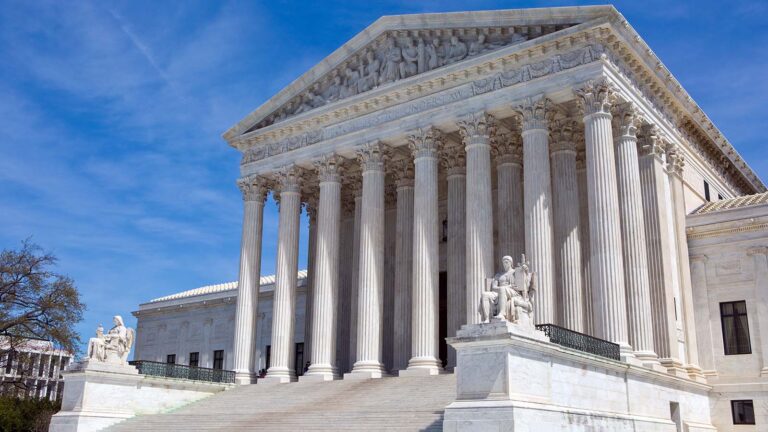The Supreme Court’s latest Environmental Protection Agency (EPA) ruling comes with a host of implications for financial markets. Cryptocurrency fans in particular may be the unwitting beneficiaries of the decision. So what does the EPA ruling mean for crypto?
Well, the 6-3 ruling of West Virginia v. EPA essentially limits the EPA’s authority to regulate the carbon emissions from coal and gas power plants. However, many lawyers and analysts see the decision having broader consequences. The ruling may read as an indication that regulatory agencies as a whole may be limited in expanding the scope of their domain.
Cryptocurrency fans have long feared a wave of regulatory oversight. Bodies like the U.S. Securities and Exchange Commission (SEC) and the Commodity Futures Trading Commission (CFTC) have long-standing complaints with digital assets. The EPA verdict may in fact come as a relief for those concerned over the future of crypto.
Jake Chervinsky, head of policy for the Blockchain Association, commented on the verdict. “The EPA decision signals that the Supreme Court won’t take kindly to regulatory agencies like the SEC attempting to redraw their own jurisdictional boundaries beyond what Congress clearly intended.”
The SEC has been chasing crypto’s tail for years now. This week’s EPA verdict may change all that.
What Does the EPA Ruling Mean for Crypto?
As per the ruling, government agencies attempting to regulate a department of substantial significance, need “clear congressional authorization.” Thus far, the SEC has attempted to reign in crypto largely by way of treating digital assets and their providers like traditional financial products.
The SEC’s ongoing lawsuit against Ripple will hold major precedent for crypto regulation going forward. The SEC accused the blockchain company of failing to register its trademark crypto,
XRP (XRP-USD), as a security.
Jason Gottlieb, partner at Morrison Cohen LLP, believes a major reversal of regulatory authorization could be a very real possibility.
But if the [Ripple] case goes all the way to the Supreme Court, there could be a frontal assault on [Securities and Exchange Commission v. W. J. Howey Co.] – like what happened to Roe v. Wade. If the Court determined that the question in Ripple is not whether XRP is a security, but instead, ‘Does the SEC have the authority to set policy for the future of finance,’ it would certainly find that to be a ‘major question.’
In fact, the SEC has a number of crypto-related lawsuits on its docket. Should any of its decisions come down to a Supreme Court ruling, the agency may be gutted of much of its authority.
On the date of publication, Shrey Dua did not hold (either directly or indirectly) any positions in the securities mentioned in this article. The opinions expressed in this article are those of the writer, subject to the InvestorPlace.com Publishing Guidelines.

